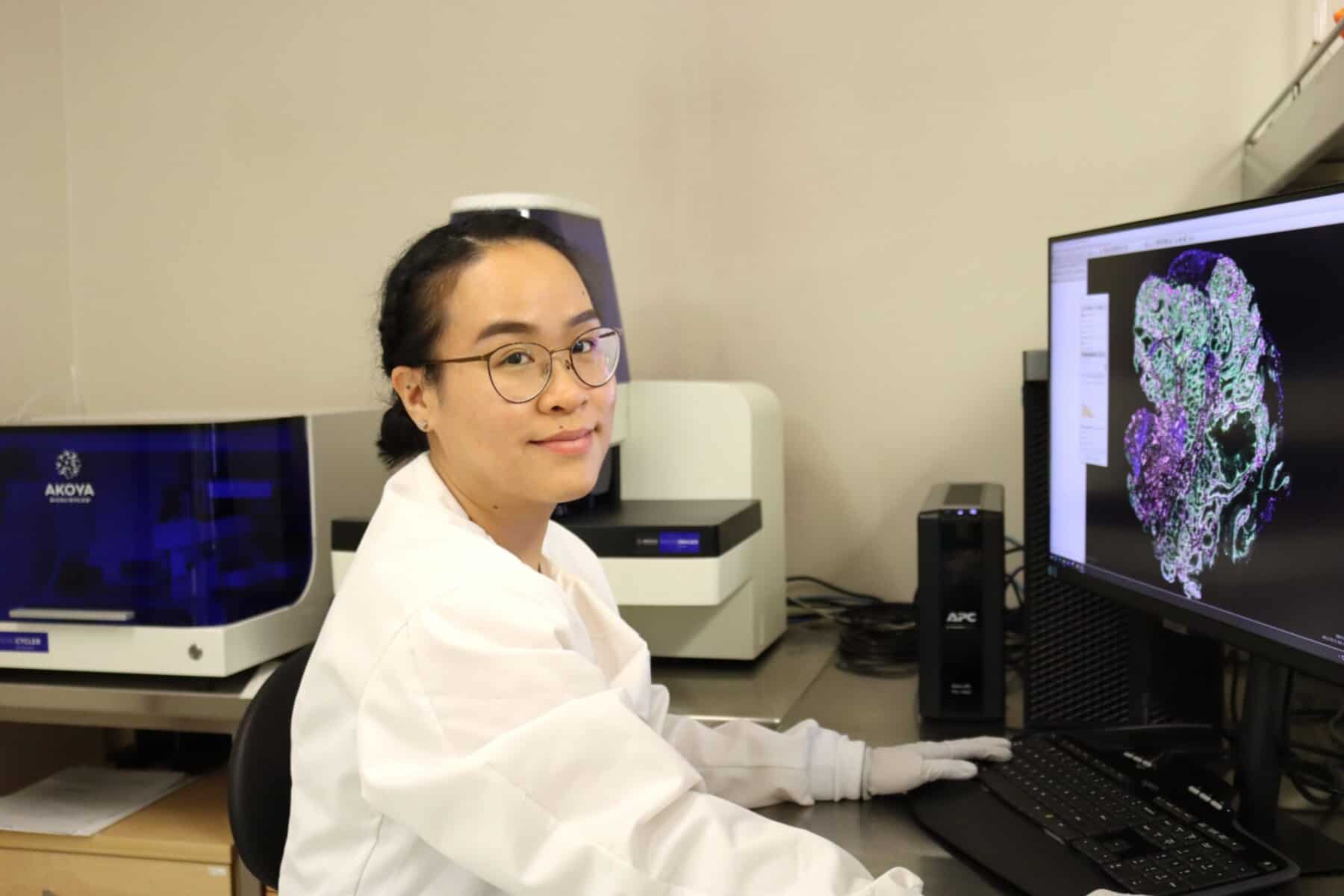Neurology
Parkinson’s Disease: developing highly precise predictive classifiers for early diagnosis and detection
This project will develop new and highly precise predictive classifiers for early diagnosis and detection of Parkinson’s disease based on complex microbial signatures which will inform diagnosis, staging and classification of Parkinson’s disease patients in the clinic.
Research Objectives
Status
Recruitment
Study location
Study type
Lead investigator
- A/Prof John O’Sullivan
Experienced investigator
- Dr Richard Gordon (QUT)
About this research project
It’s estimated that one in every 1,000 Australians have Parkinson’s disease with approximately 40 people diagnosed everyday. The number of people diagnosed with Parkinson’s disease has increased 17% in the last six years with costs to the community increasing by nearly 50%. It’s the second most common neurodegenerative disease after dementia in Australia.
There are currently no effective biomarkers to accurately diagnose Parkinson’s disease or predict disease progression. Pathological changes in the gut microbiota composition and metabolism occurs early in Parkinson’s disease which drives neuropathology and disease progression. Understanding and characterising the complex changes in gut microbiome composition will provide new opportunities for therapeutic targets and diagnostic biomarkers.
Latest News

Choosing the Right Format for Your Research

Allie’s Growing Impact in Spatial Biology Research
